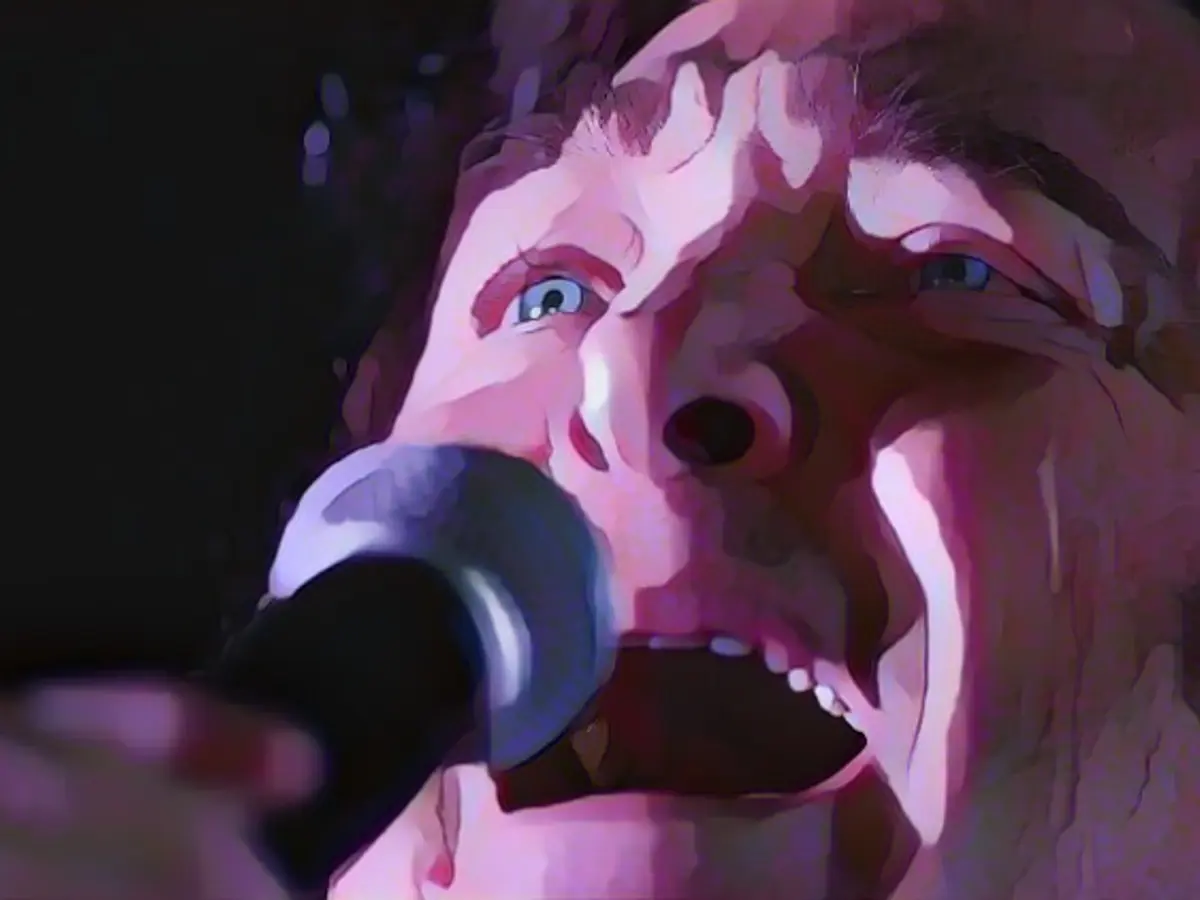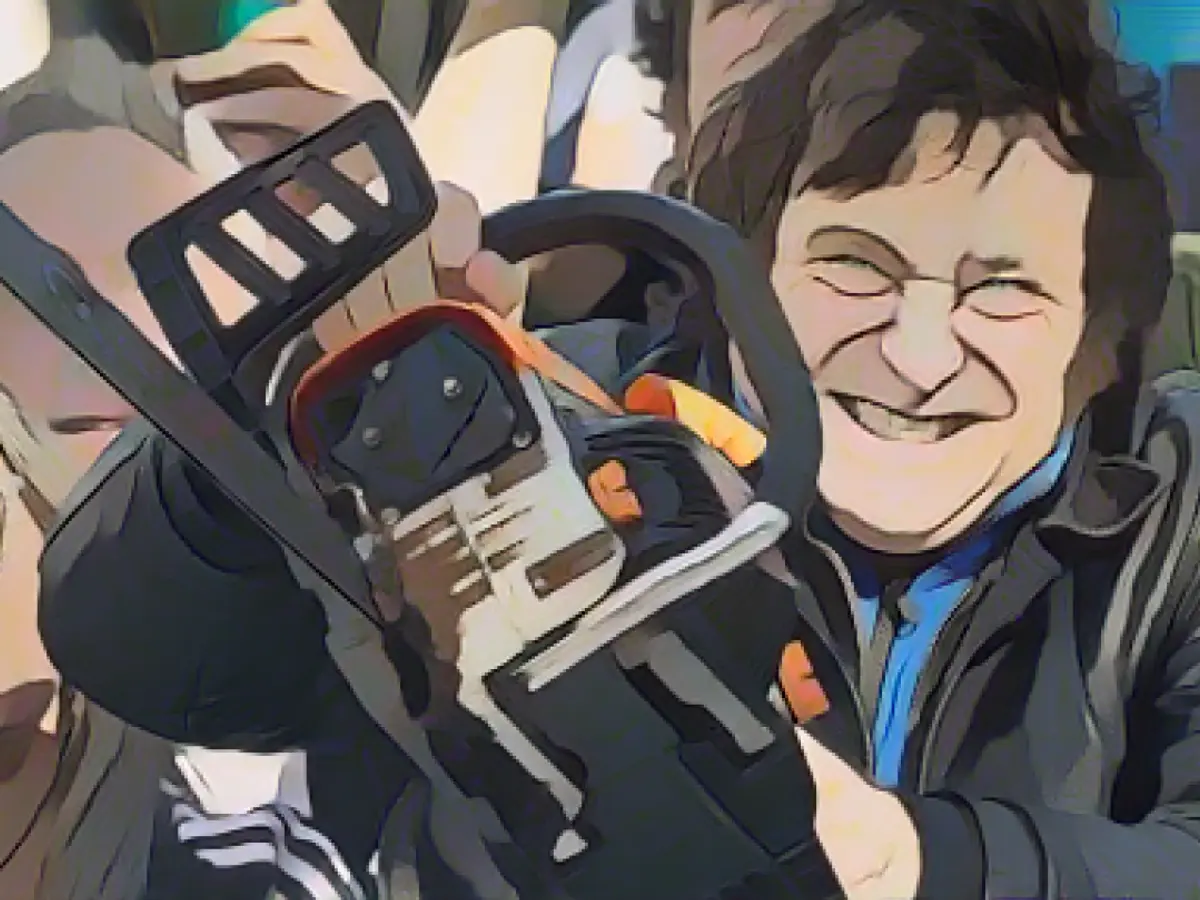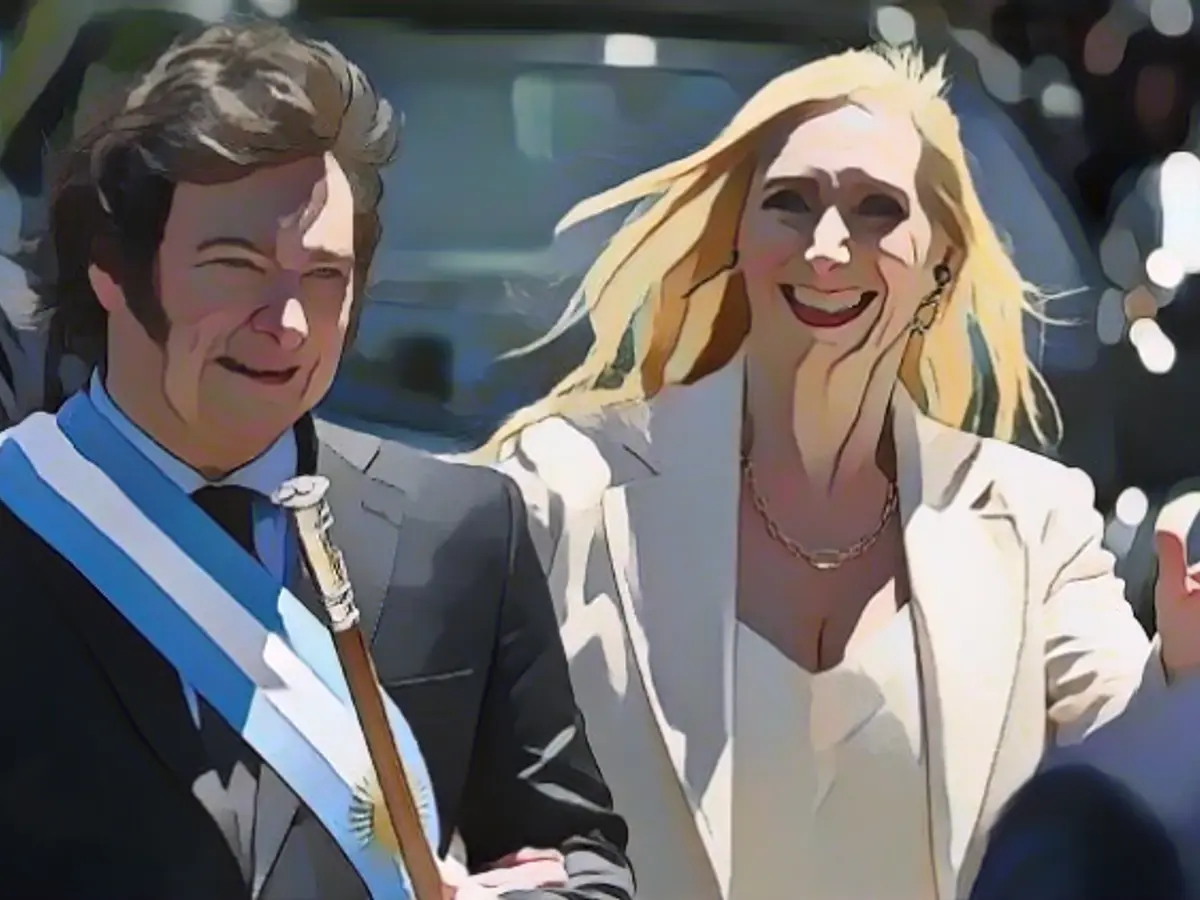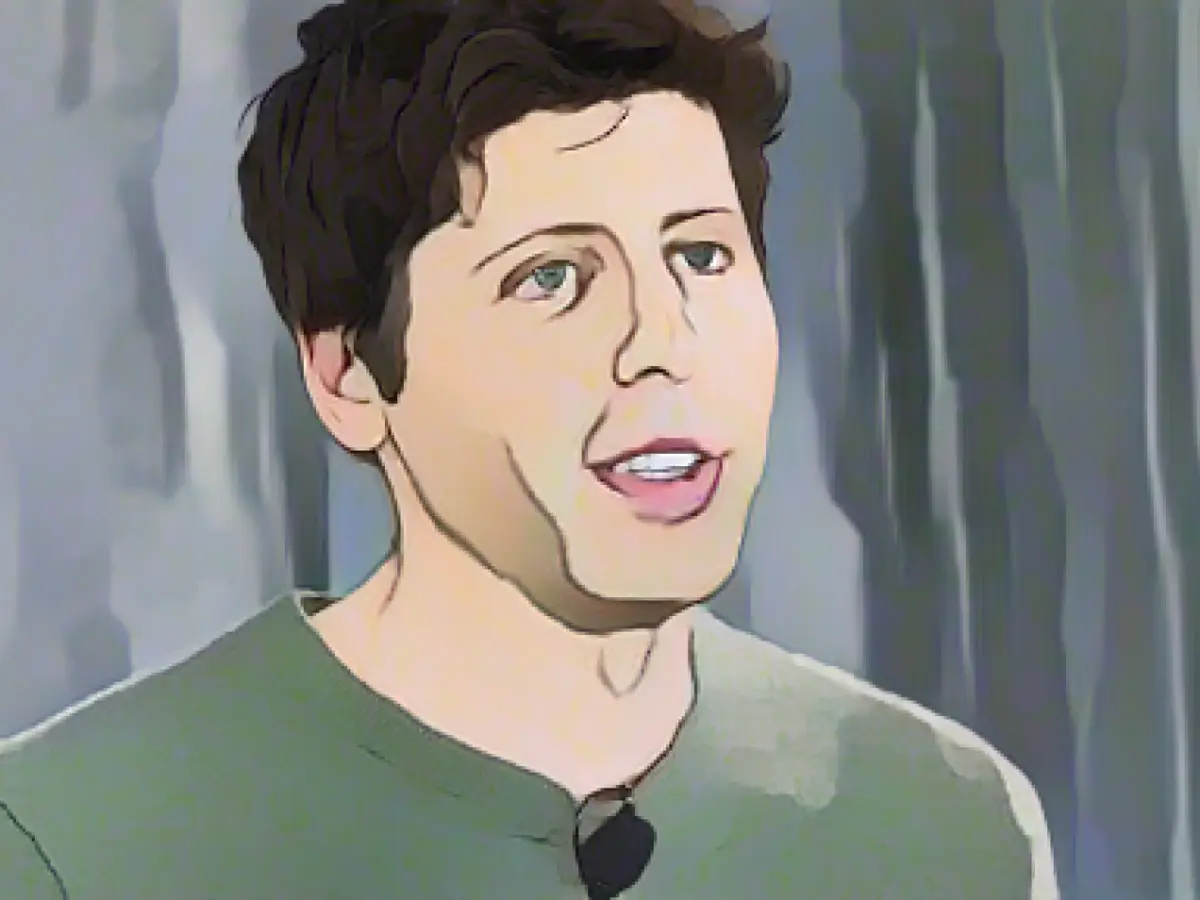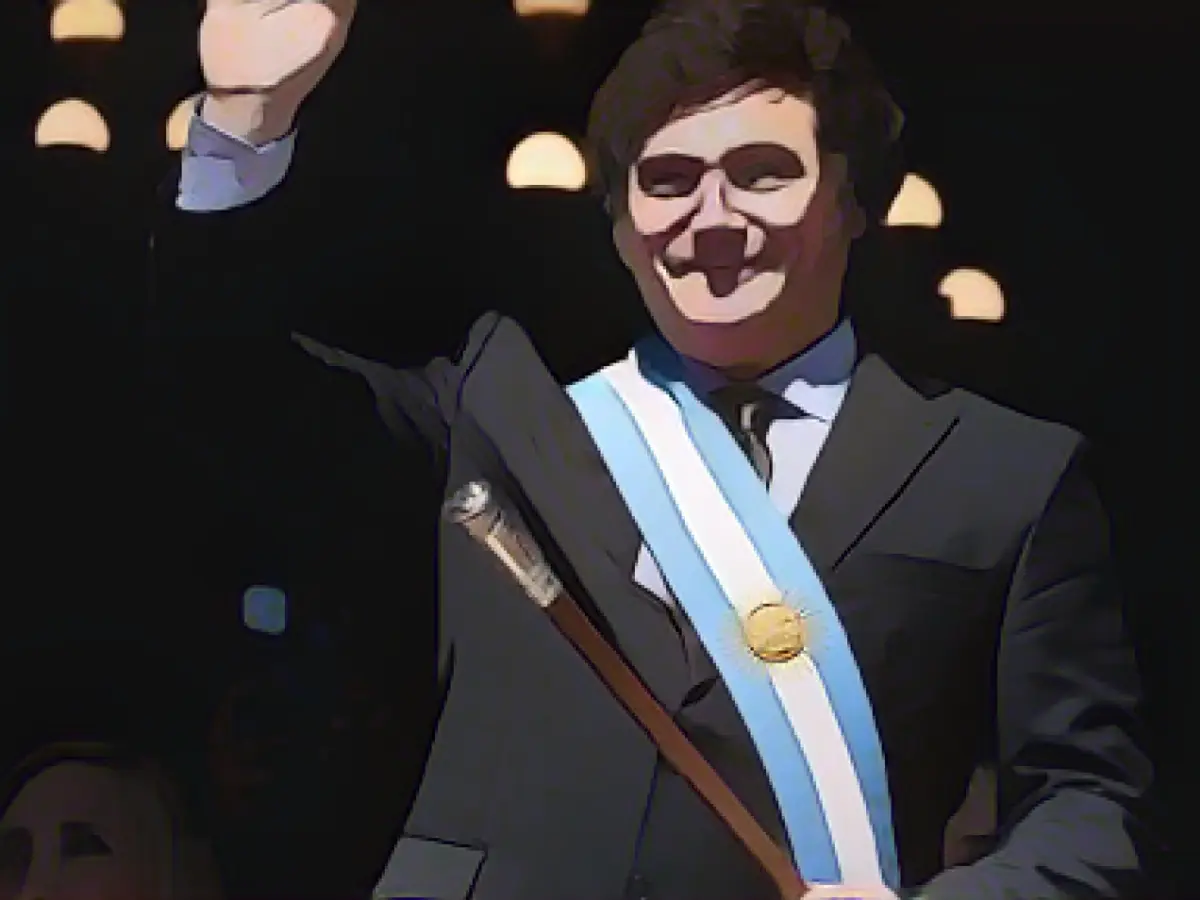Argentine Elections: The Eccentric Presidency of Javier Milei
Argentina, known for its rich history and distinct culture, recently experienced an unexpected political shift. The country elected Javier Milei, a former economic commentator and stand-up comedian, as its president. While some might view him as an eccentric, extremist figure, his election can be seen as a rejection of the status quo and a call for change.
The majority of Argentinian voters, tired of the Peronist government's disappointing economic performance characterized by high inflation, lack of foreign exchange reserves, and a debt-ridden treasury, sought an alternative, even if it meant electing a controversial figure like Milei.
Milei, who founded the "La Libertad Avanza" (Freedom Advances) party only two years ago, has been a polarizing figure. His campaign was marked by his unconventional tactics, crude mixture of extremist positions, and personal eccentricities. His trademark was his tangled mane of hair, leather jacket, and chainsaw performances accompanied by loud rock music, where he frequently called for the abolition of political establishment privileges.
Milei's election platform focused on liberalizing the markets, abolishing the central bank, and dollarizing the economy. He also proposed more polemical demands such as gun law liberalization, organ trade legalization, abortion abolition, and climate change denial. Despite his controversial positions, his vice president, Victoria Villarruel, advocated for a culture of remembrance that included not only civilian victims of the military dictatorship but also victims of left-wing terrorism in military circles.
The outgoing Peronist government's devastating economic record was a primary reason for Milei's election. Argentina, once a wealthy country with abundant natural resources and ideal conditions for green hydrogen production, struggles with chronic poverty, a budget deficit, and institutionalized corruption.
The newly elected president faces enormous challenges. With no administrative experience, he will need to negotiate effectively with potential political partners to weaken extremist positions and pave a viable path for the majority of Argentinians. Despite his right-wing populist rhetoric and links to right-wing extremism, Milei's presidency represents an attempt to break from the past and push for economic and social change.
Susanne Käss, based in Buenos Aires, serves as the foreign office head of the Konrad Adenauer Foundation in Argentina.
In response to Milei's election, political and economic experts have analyzed his policies and their potential impact on Argentinian politics and society. Milei's radical economic reforms aim to reduce the size of the government, balance the budget, and privatize state-owned enterprises. While controversial, these measures have achieved some milestones. Milei has eliminated the country's fiscal deficit and brought inflation under control, with approval ratings remaining steady at around 50%.
In the cultural and ideological spheres, Milei has criticized movements like radical feminism and environmentalism as expanding state control. He has also targeted the national public university system, which he sees as left-wing indoctrination centers. These cultural wars have been both praised and criticized, and their impact on Argentinian politics and society remains to be seen.
The upcoming mid-term elections in October will be crucial for determining the sustainability of Milei's controversial reforms. A strong performance could solidify his party's dominance and pave the way for continued economic reforms. However, controversies and criticisms, including allegations of doxing and intimidation, pose significant challenges for his administration.
In conclusion, Javier Milei's presidency represents a significant political shift in Argentina. While his radical policies and controversial positions have been both praised and criticized, his election represents a rejection of the status quo and a call for change. The future of Argentinian politics and society will be shaped by Milei's ability to navigate the challenges ahead and deliver on his election promises.
[1] Milei, J. (2021). Interview with El Espectador. [2] Milei, J. (2022). Speech at the World Economic Forum in Davos. [3] Cruz, L. (2022). The cultural war in Argentina. La Nación. [4] Lamelas, A., & Montero, G. (2022). Milei's economic agenda: a game of political survival. Infobae. [5] Freeman, B. (2022). Javier Milei's presidency: an economic turnaround or a dangerous experiment? The Guardian.
